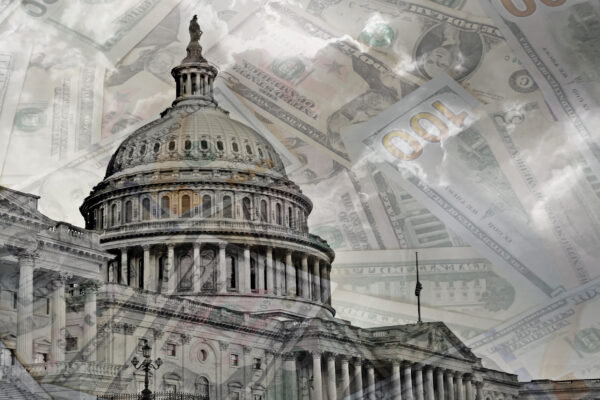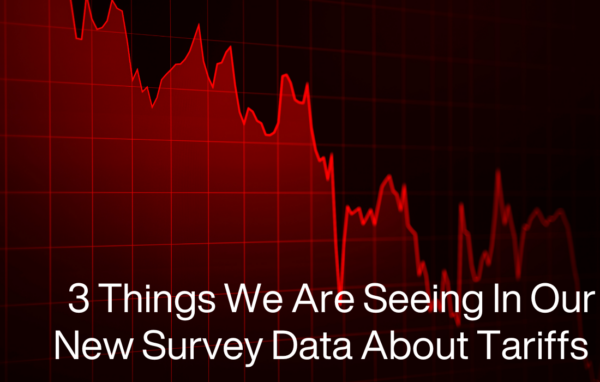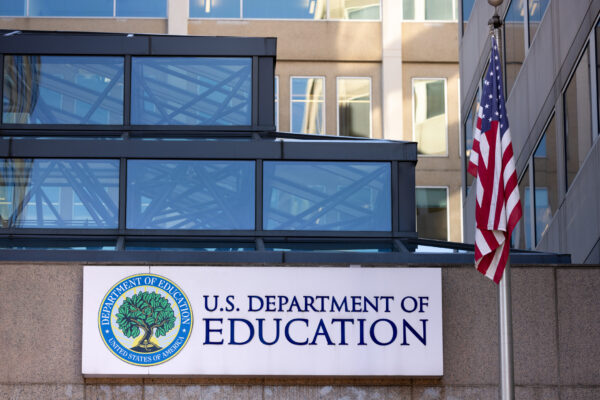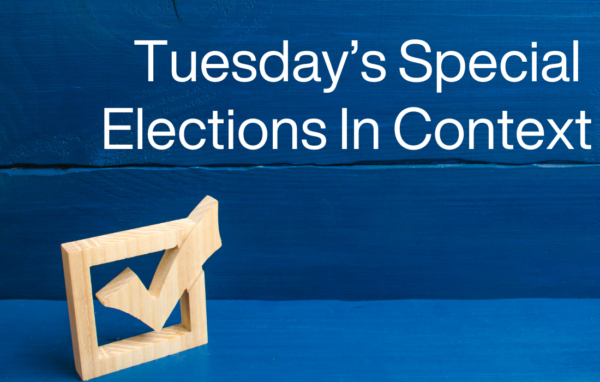One of the challenges President Biden is facing heading into the November elections is convincing voters that the economy is going well. As David wrote in a recent column for Roll Call, many voters don’t buy the economic messaging coming from Biden and the White House. Some, like economist Paul Krugman, dismiss this reaction as partisan, chastising his readers, “don’t trust your feelings … Don’t dismiss the careful work of statistical agencies because you were feeling angry yesterday on the checkout line, or because you don’t like the current president.”
The White House is banking on the idea that as voters are exposed to positive economic news, they will give the President more credit. The Washington Post reported that “White House advisers are optimistic that the American public will soon internalize the good news and give the president credit before November.” Lael Brainard, chair of the National Economic Council, recently said, ”It does take consumers a while to kind of see data consistently, and see prices that have actually come down, to feel really confident about them.”
Data from the most recent survey for Winning the Issues (February 24-25) suggest that voters have yet to “internalize the good news.” Voters overall have a negative outlook on the direction of the economy (26-61 right direction-wrong track), which is shared by voters with less than a four-year degree (21-67) and those with a four-year degree or more (34-53).

How are they making this determination? By an overwhelming margin, voters say they use the prices of items the regularly buy, such as groceries and gas, as a gauge for inflation (82%), dwarfing the share that says they use the CPI and other government statistics (13%). This approach transcends level of education, with 83% of those without a four-year degree (83-12) and 81% of those with a four-year degree or more (81-16) saying they rely on the prices of items they regularly buy over government statistics.

The Biden campaign is counting on support from college educated voters, but even among these voters, they have significant work ahead.







